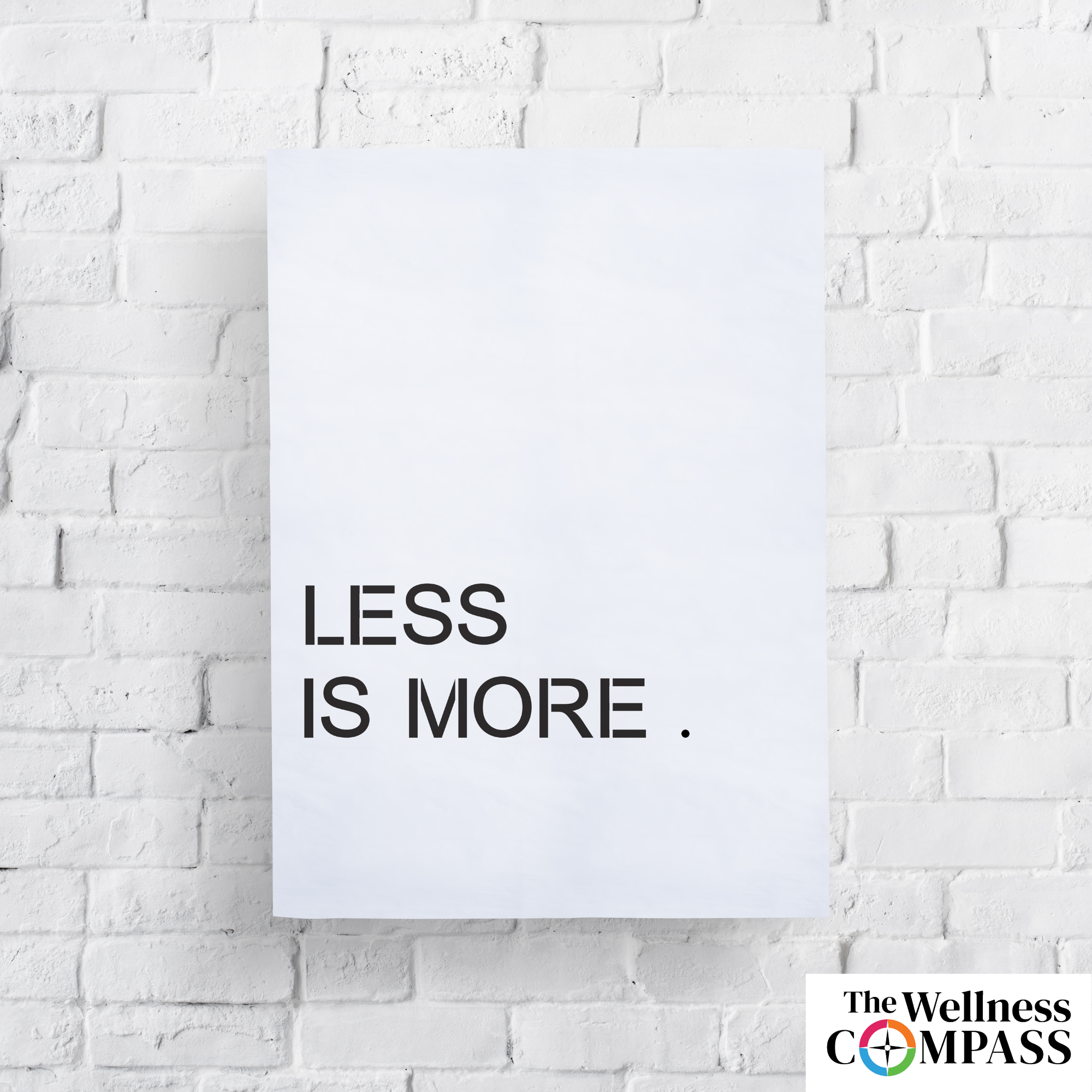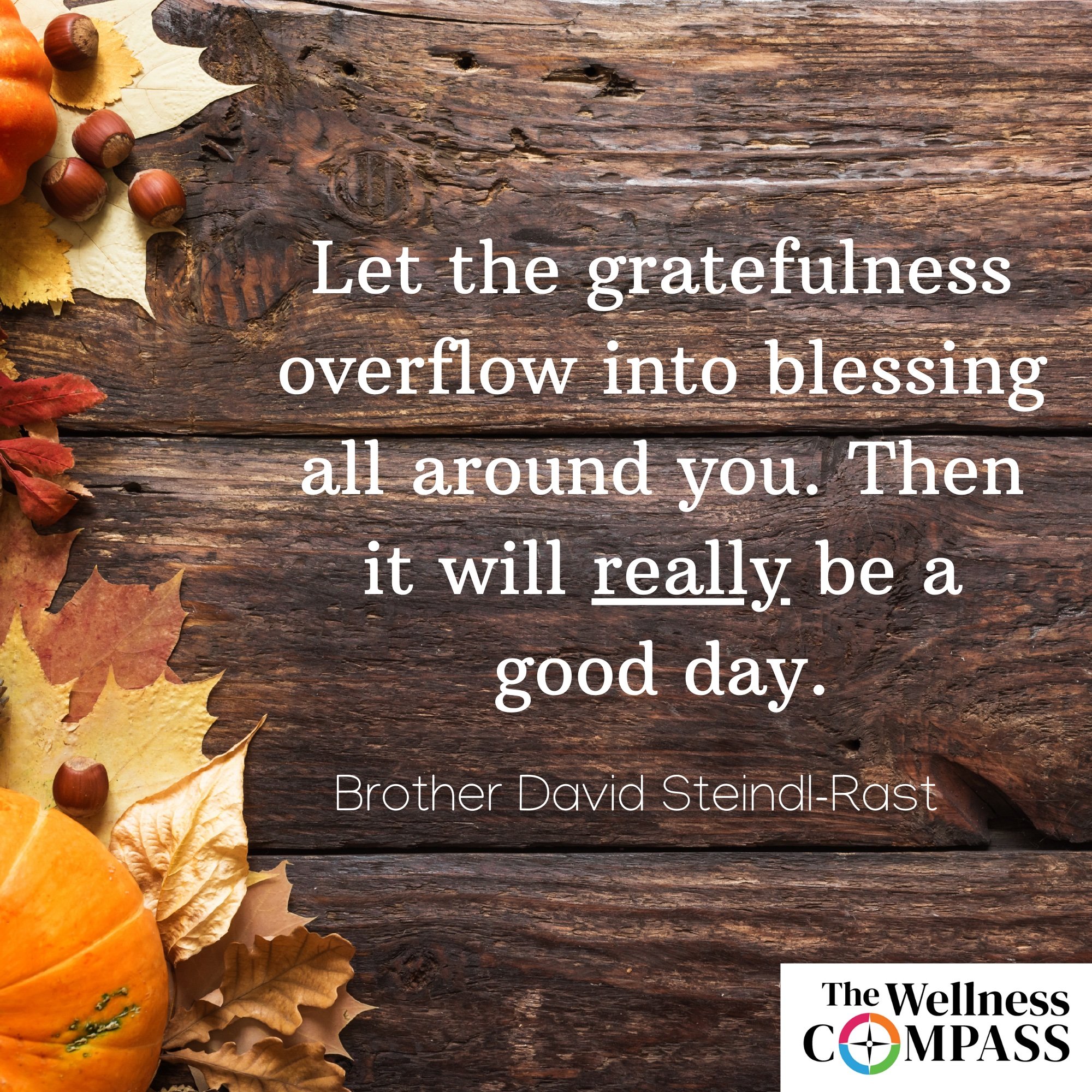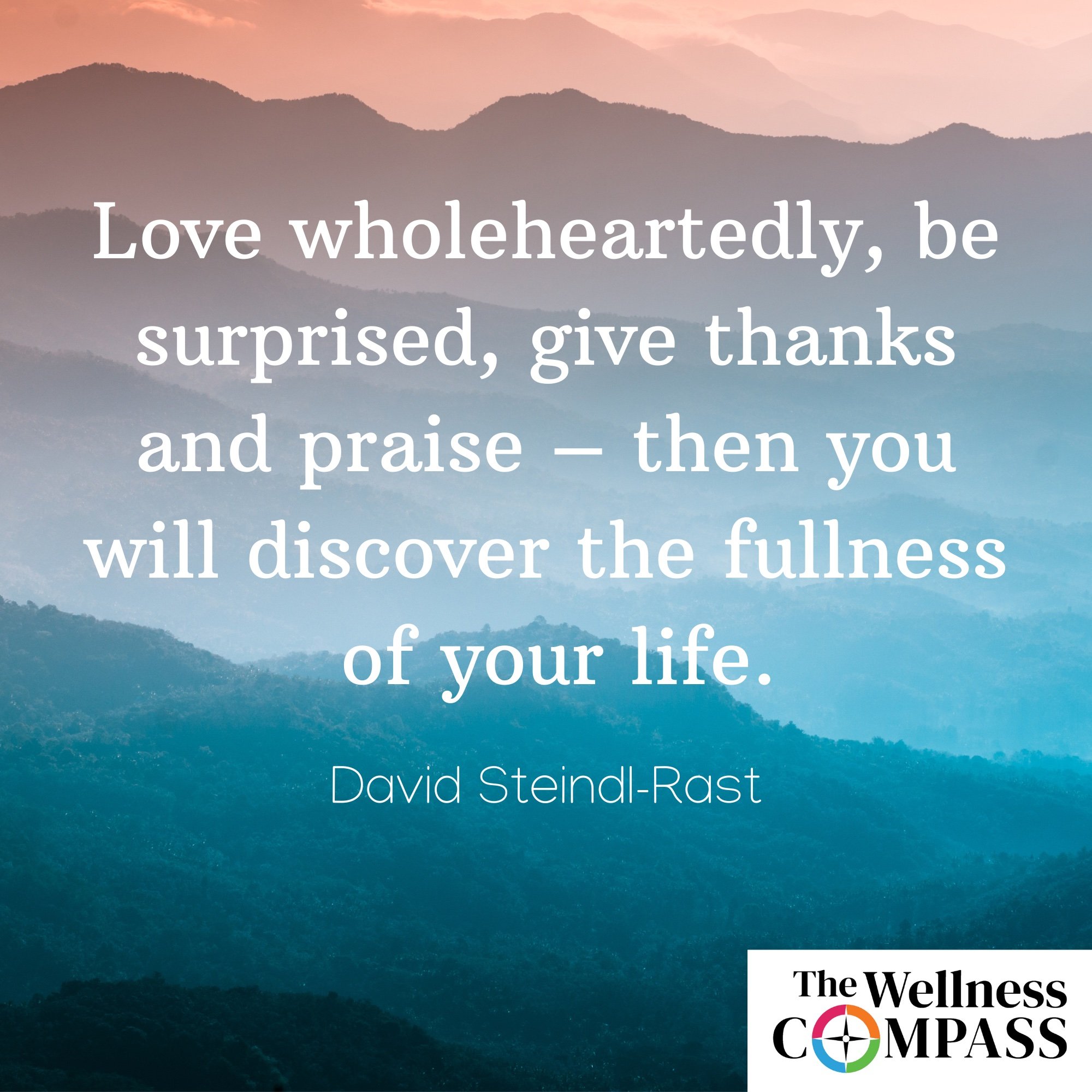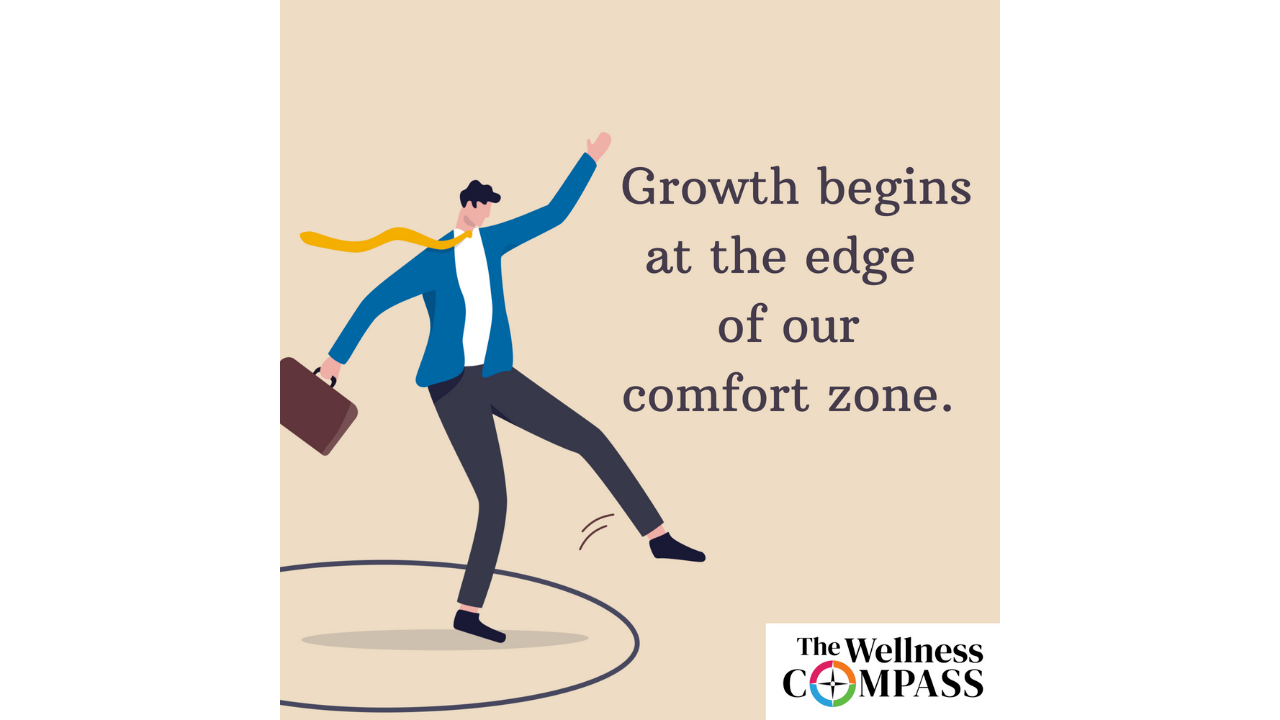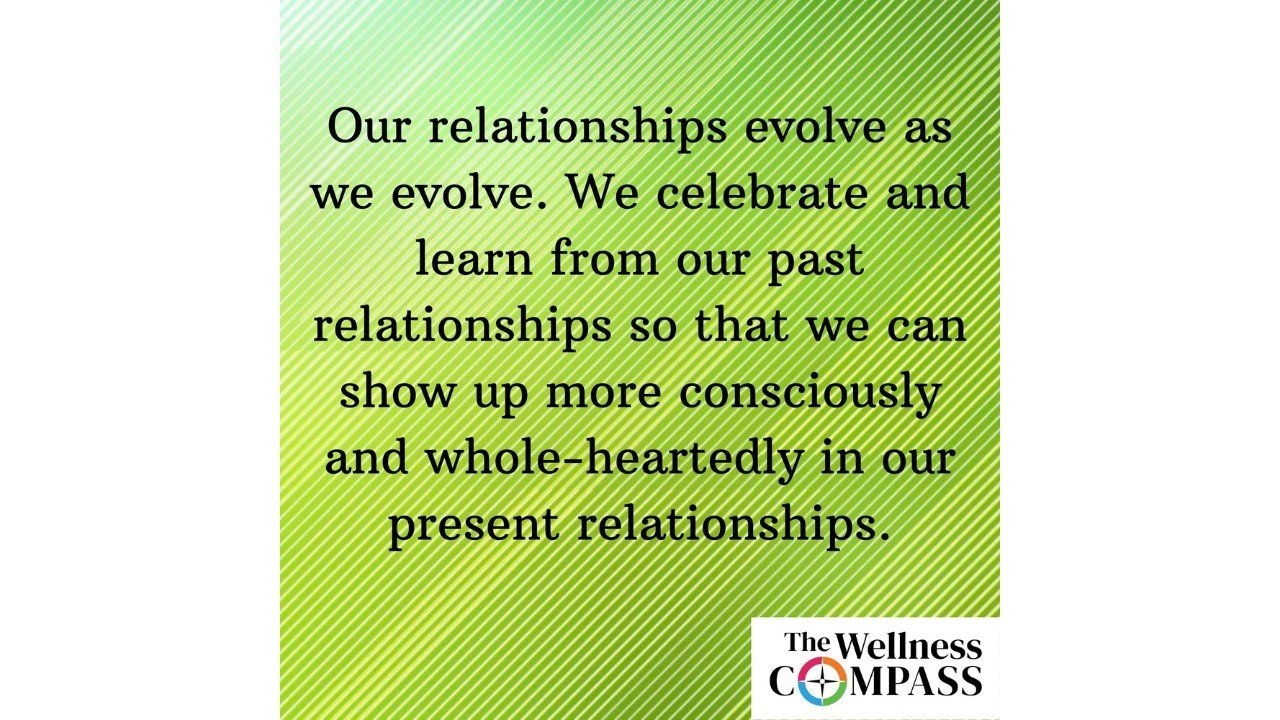Mindset Matters
Carol Dweck, a research psychologist at Stanford University, is well known for her work on exploring the differences between fixed and growth mindsets. Our column and podcast from last week focused on the power of the word yet, which was a simple way to understand the more complex concepts that this psychologist writes about.
"I can't constructively express my feelings when I am upset," is an example of a fixed mindset.
"I haven't learned how to express my feelings constructively yet" is an example of a growth mindset.
Here are a few other examples. These are some of the ones we often hear as therapists. Each pair of statements are an example of the two mindsets.
"I don't know how to say 'no' to my children."
"I am learning how to set clearer boundaries with my children."
"We don't talk about conflict in our relationship."
"We have been taking risks to address conflict when it comes up. It's quite awkward at this point, but we are learning."
"I am not an exerciser. Never have been and never will be."
"I have recently committed to walking three times a week, and while I wouldn't say it's a habit yet, I'm curious about what the benefits might be for me."
"My friend practices meditation and mindfulness to help her with her stress. I would never do something like that."
"My friend practices meditation and mindfulness to help her with her stress. I'm going to talk to her and learn how it's helpful for her. Maybe I'll even try it myself."
"I think that people that disagree with me politically are usually ignorant and uninformed."
"I have some friends and family members who disagree with me politically, and I want to find a way to talk with them so that we can genuinely be curious and listen to each other. Maybe if we are respectful, we might even learn from or about why we think what we think."
"That's just the way I am. You are not going to change me now." (Usually said in response to some kind of criticism, such as being late, or impulsive, or drinking too much, or being unable to apologize.)
"While I know I _______(fill in the blank), I am working to be more open to changing and learning to be different because I see it hurts you and me."
We are not born with our mindsets. We form them in response to many influences over time. Often our mindsets are unconscious, and we are unaware that they powerfully influence our thoughts, words, and actions. As therapists, though, we often see that behind unhealthy habits and behaviors are unhealthy and fixed mindsets. This is why it is good to be able to examine our perspectives and honestly reflect on whether they are enhancing or limiting our well-being, and our relationships with those we know and love.
Mindsets can be healthy and life-giving too. Core values such as honesty, kindness, love, and generosity ground our thoughts and actions in life-giving ways. It's only when we have a mindset that is hurting us, or others, that we want to be open to working to move that mindset from being fixed, to adopting new ways of thinking that promote growth and change.
Making It Personal Questions:
Can you think of a time in the past when you, and/or a relationship in your life, benefited from you changing what had previously been a fixed mindset?
Do you feel a nudge to reflect on a mindset right now that might be limiting your well-being?
If you answered yes to number 2, what steps might you take right now to move to more of a growth mindset?
*Our Wellness Compass Podcast this week expands on mindsets. You can listen in. your favorite podcast app, or by clicking on the “Podcast” tab in the header at the top of this page.




